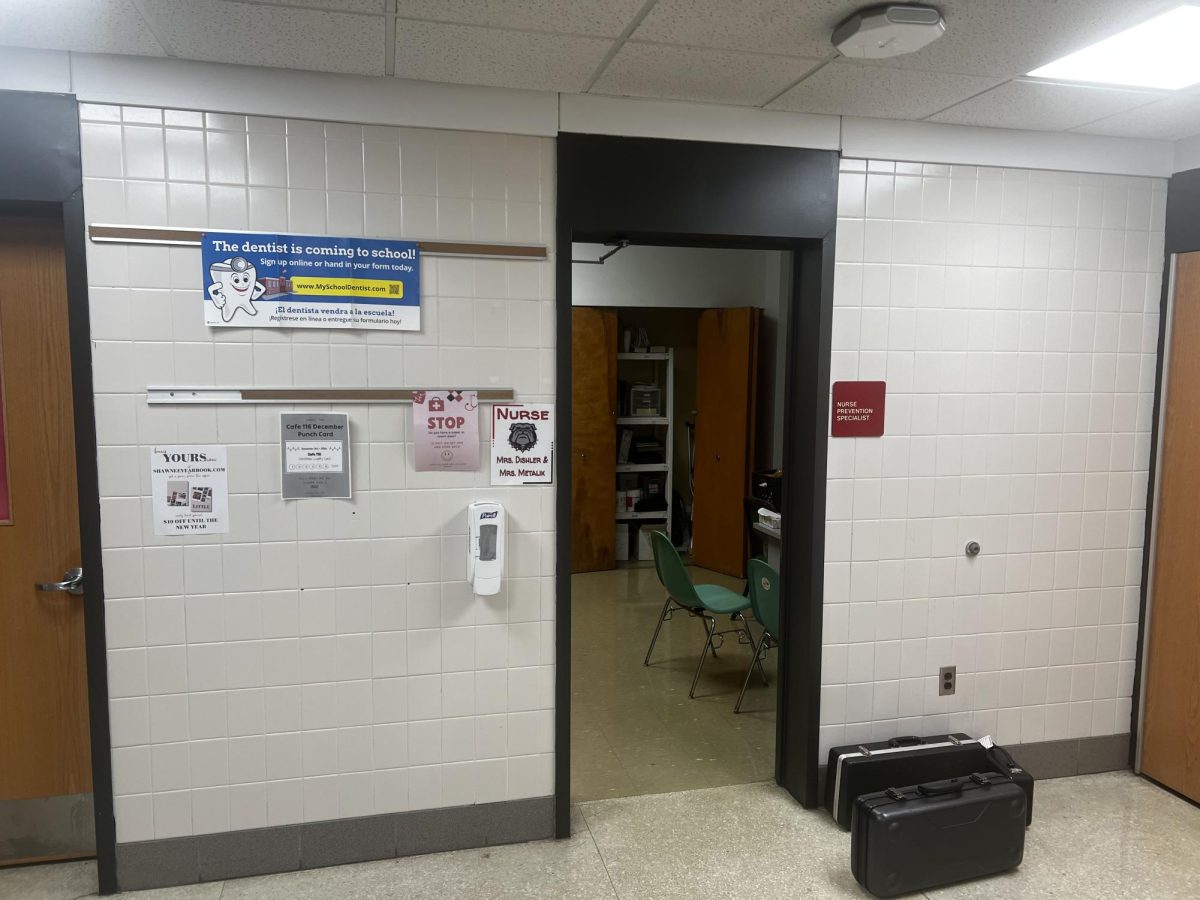Classrooms are supposed to be silent during tests to ensure concentration and a peaceful testing environment for all students. As winter rolls around, this ideal testing location seems less and less possible. As students sit through their lectures or exams, their ears are constantly berated by the sounds of their sickly peers. Classrooms, to everyone’s displeasure, are filled with the sniffles of students who refuse to blow their noses, the coughs of peers who are fresh out of DayQuil and the beloved hacking noise of classmates clearing mucus from their throat. These horrid sounds, mixed with the abundance of germs that get passed around each year, make the winter months the easiest time for students to rack up sick days. Students should absolutely prioritize their health when needed, but high school students should not stay home for the sniffles.
It is easy to play the noble card and stay home, “for the well-being of others,” because nobody wants to get their peers sick, or worse yet, get blamed for making a peer sick. The reality is, however, that germs are so prevalent during this time of year that a few absences will not save the school from the spread of stomach bugs and sniffles. Even more so, the short-term gratification of a day off is very tempting to many students. A day off, especially when sick, can feel great, but missed schoolwork seems to be increasingly harder to catch up on. This can knock students behind and leave them there. This can make a one day absence cause a week of disruption or worse if students are not careful. Advanced students or those taking high-level classes feel this difficulty to the extreme. As these students are the most in need of a break or tempted by a day off, they will surely receive the most punishing workload from upper-level classes, which only makes it harder to catch up.
This does not undermine the seriousness of certain illnesses that students can get. Students should not go to school with fevers or nausea, and it is more important than ever to make sure students are following all sanitary precautions. This puts pressure on the district to have the resources in place when it is not always possible. Though it would be convenient, it is unrealistic to expect every class to have tissue or hand sanitizer at all times. During the season of sickness, outside the classroom hand sanitizers and soap dispensers like those in the hallways and bathrooms will need to be refilled more regularly, as several are often left empty for long periods of time.
Despite all of the struggles and unpleasantries that come with being sick, it is paramount that students do not sacrifice their education over sniffles. Health is a serious issue that requires everyone to use their better judgment, but in most cases, it is better to show up and stay in school as long as the district maintains its duty of providing students with the necessary sanitation stations when possible.



